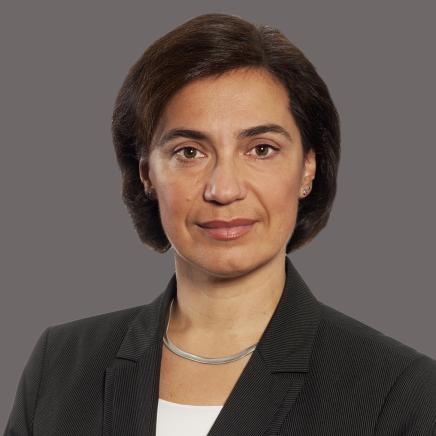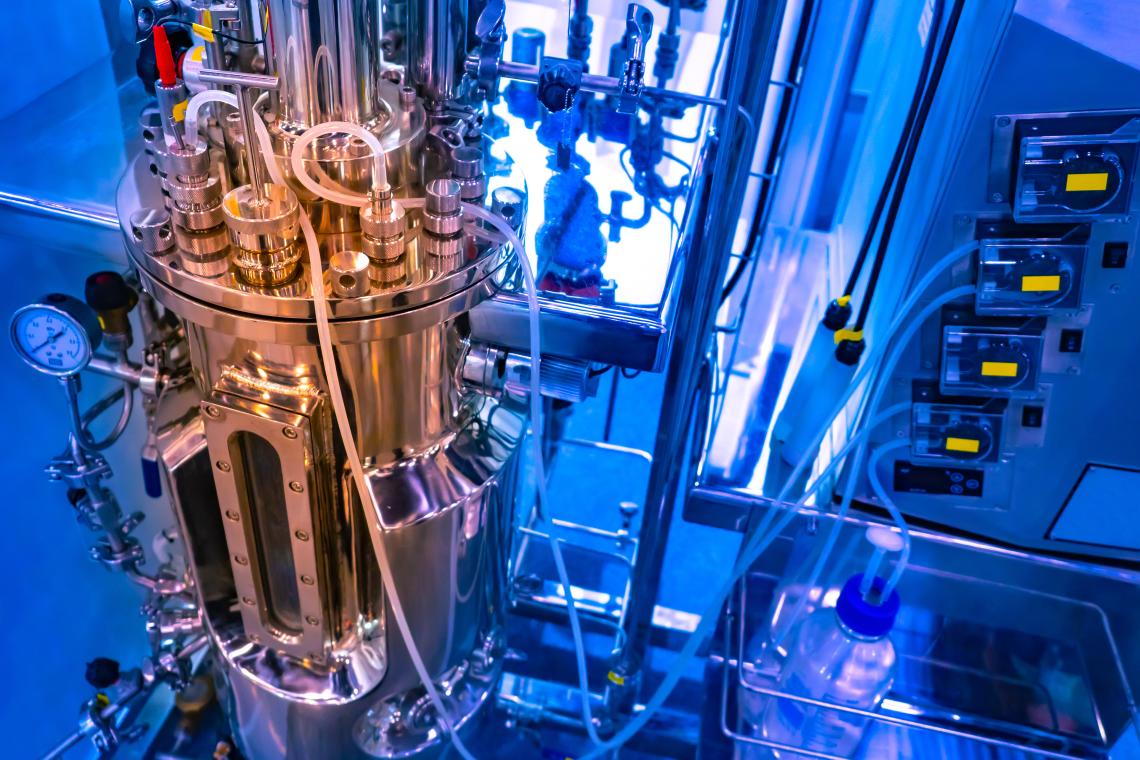Christine Weiß
Innovation and Cooperation


It is one of the central global challenges of our time to combat climate change, largely caused by anthropogenic greenhouse gas emissions. About half of all greenhouse gas emissions are due to the extraction and use of primarily fossil raw materials, which are also finite. The annual extraction of raw materials, and with it the associated greenhouse gas emissions, have tripled worldwide between 1970 and 2017 – and the trend is still rising. Another global challenge is to ensure that the world's population continues to grow, while at the same time preserving the environment and resources as far as possible. Both challenges are being addressed by modern bio-economy. This takes into account the efficient and sustainable production, development and use of biological resources in order to provide products, processes and services in all economic sectors. The natural properties of biogenic raw materials in terms of their recyclability, their ability to bind CO2 and their renewability are used. The bio-economy thus significantly contributes to a climate-neutral sustainable economy.
Companies active in the bio-economy contribute to achieving eleven of the 17 sustainability goals of the United Nations, which include making smarter and more efficient use of valuable natural resources, creating renewable alternatives to traditional fossil-based plastic products, mitigating the effects of climate change, minimising energy requirements and reducing man-made emissions to soil, air and water.
Science and industry in Germany already play a leading role in the development of new technologies to replace fossil fuels with renewable resources. Whereas in the past, bio-based industrial production of basic chemical substances, fine chemicals or fuels mostly used biological resources whose production was in competition with food production ("tank plate conflict"), modern processes developed largely by science and industry in Germany can use previously unused lignin-containing residues from agricultural production. In addition, numerous processes known as "Carbon Capture and Utilization" (CCU) have recently been developed in which CO2 cannot be removed from the atmosphere via upstream biomass production on agricultural or forestry land, but directly in production processes for hydrocarbon-based products. The technological basis for this is provided by "power-to-x" technologies, in which surplus electricity from renewable energy sources is used for the electrolytic production of intermediate products, which are converted into the desired target products (e.g. basic chemicals) in combined biocatalytic processes. In recent years, numerous pilot plants have been set up by industry and science in Germany to further develop and establish these sustainable processes of modern bio-economy.
Also in the food industry and food research, numerous processes have recently been developed that allow biological resources to be used even more efficiently and sustainably. In addition to combined production methods such as aquaponics, in which aquacultures are synergistically combined with hydroponics, these include in particular processes for tapping new protein sources based on legumes, algae or insects. These are of central importance as alternatives to protein from traditional livestock, since livestock production is very resource-intensive and pollutes the environment to a considerable extent through greenhouse gas emissions and nitrate inputs. In particular, German companies are now playing a leading role in the development of new marketable products for meat replacement based on alternative protein sources.
The VDI/VDE-IT has been supporting the development of the bio-economy in Germany for over 20 years. Within the framework of various commissions, we promote clusters, networks and R&D projects that deal with issues of the bio-economy. A particular focus is on small and medium-sized industry and business. In recent years, we have supported several hundred clusters, networks and R&D projects in the field of the bio-economy in German SMEs. The focus is regularly on interdisciplinary issues where the aim is to exploit the potential of modern information technology, such as machine learning, in addition to the potential of traditional disciplines in the bio-economy, such as biology or process engineering. In addition, we organise workshops for researchers from industry and science and advise our clients on the evaluation of new technologies and technological implementation concepts for bio-economic processes.